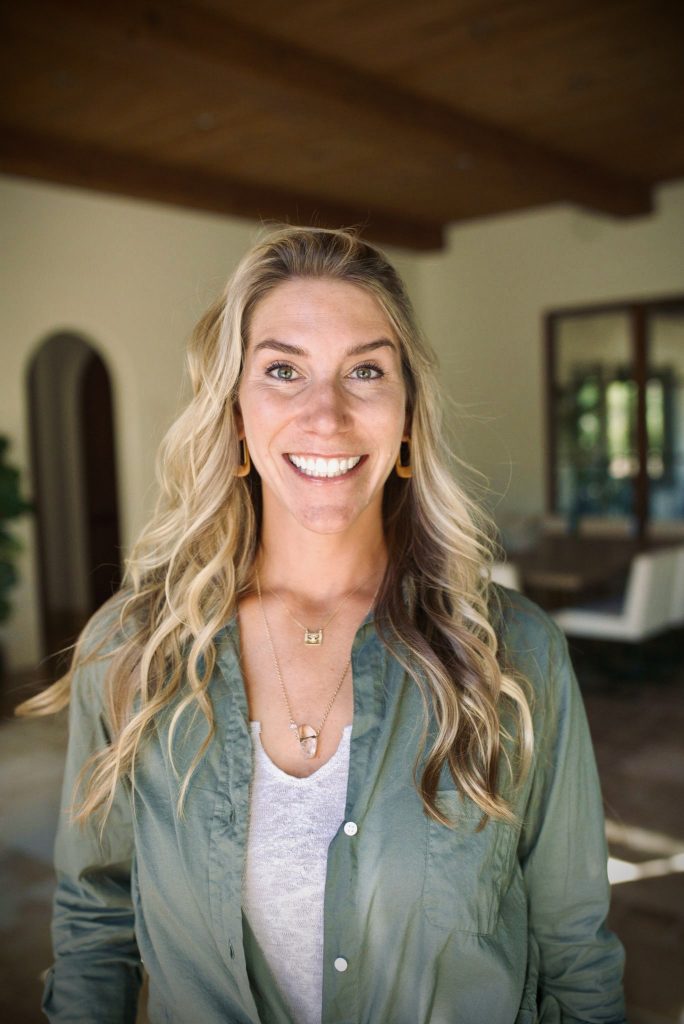
Entrepreneurs Are Leveling Up…
...And They Are Changing Business Perspectives
As investors deeply connected to the start-up community, we talk with hundreds of entrepreneurs a month from all over the US. A recent trend we are seeing epitomizes an energy that has not been present since the mid-2000s. This new wave of entrepreneurs pair pragmatism with idealism, and they truly understand the value of autonomy, independence, and service. These entrepreneurs do not define success by maximizing profits at the expense of employees, customers, or values. Rather, their definition of success is serving their customers the best they can. There are 3 hallmarks of the leveled-up entrepreneur:

Seaesta Surf kids show off creative swimsuits in the sun
- Unwavering commitment to their values: Julia Wheeler, CEO of Seaesta Surf has created a playful and sophisticated children’s swimwear brand. Adamant about sustainability, she’s intentional regarding the materials she uses. For example, Seaesta Surf's swimsuits are 78% recycled, made from fishing nets. Julia is aware of the impact a clothing brand has on the environment, and is committed to creating ecologically-friendly systems. Through Seaesta, a diverse community has been formed of parents, makers, and creatives who embody the California surf culture (like the Stopnik family and Denisse Wolf). She is also focused on give-back initiatives like this partnership with the Michael Phelps Foundation. As she scales her business with a foundational commitment to these (and other) values, an example is set for others on how to create multi-faceted sustainability.
- Creating wealth for all stakeholders. Joey Odom and Heath Wilson, Co-Founders of Aro, exemplify how a business can generate diverse forms of wealth for both stakeholders and customers. By developing an app specifically designed to foster healthier screen habits, they firmly establish the value of relational wealth, enabling users to build stronger interpersonal connections and more meaningful relationships. Simultaneously, Aro promotes intellectual wealth by encouraging people to unplug and engage in activities that stimulate mental growth and creativity. Moreover, they achieve this while creating a financially sustainable business model, ensuring long-term profitability and economic value. Through their innovative approach, Odom and Wilson demonstrate that a business can simultaneously enhance social, intellectual, and financial well-being, ultimately contributing to a more balanced and enriched life for all involved.
- Deep fulfillment through serving others. Amy Van Haren at Pumpspotting sees business as more than just a way to make a living. It’s a creative extension of herself. Since the very beginning, she has been on a mission to help mothers in the early stages of motherhood navigate feeding an infant. She’s gone so far as to retrofit a bus and go on a US tour (twice!) to connect with baby-feeding moms in person so she can understand their problems and tweak her product to meet their needs. By prioritizing connection with her customers, she is able to understand and meet their needs in a unique and deeply fulfilling way.
As we support sustainability for our Founders and their companies, we also desire to highlight the ways they create demonstrable impacts in their spheres of influence. We hope to facilitate efforts to use business as a vehicle of improvement for our communities, industries, and world. Reach out to us and share ways you have seen these (and other) practices at work!

Pumpspotting's US van tour route












